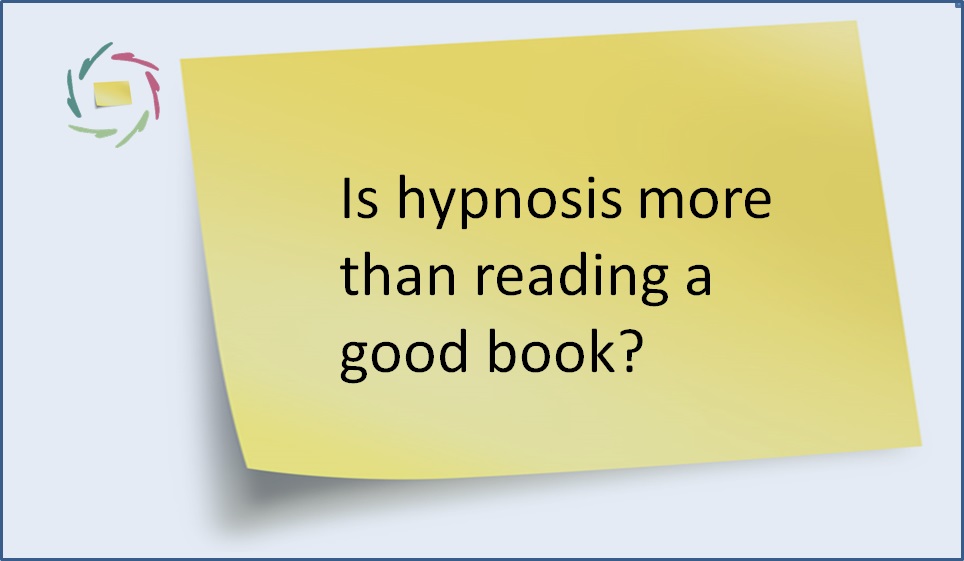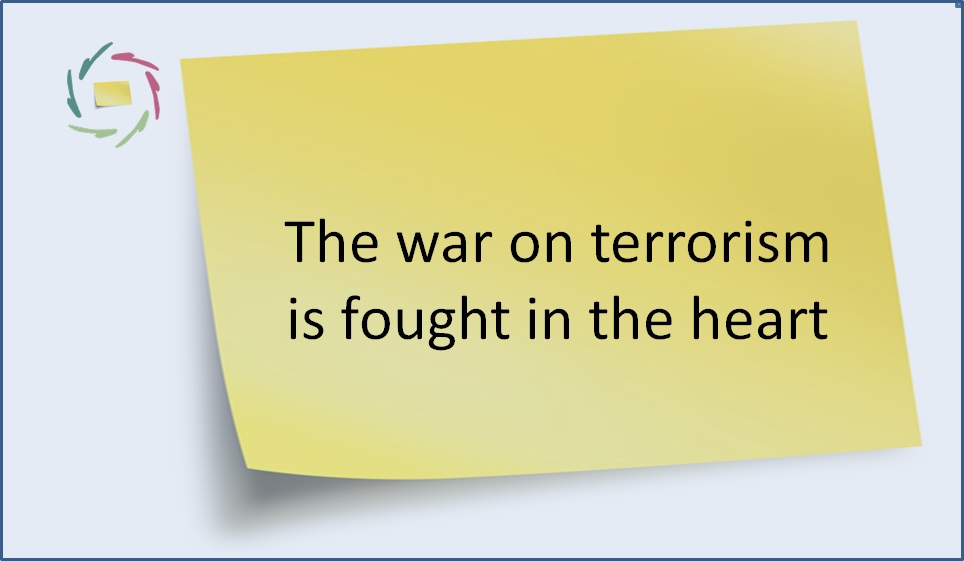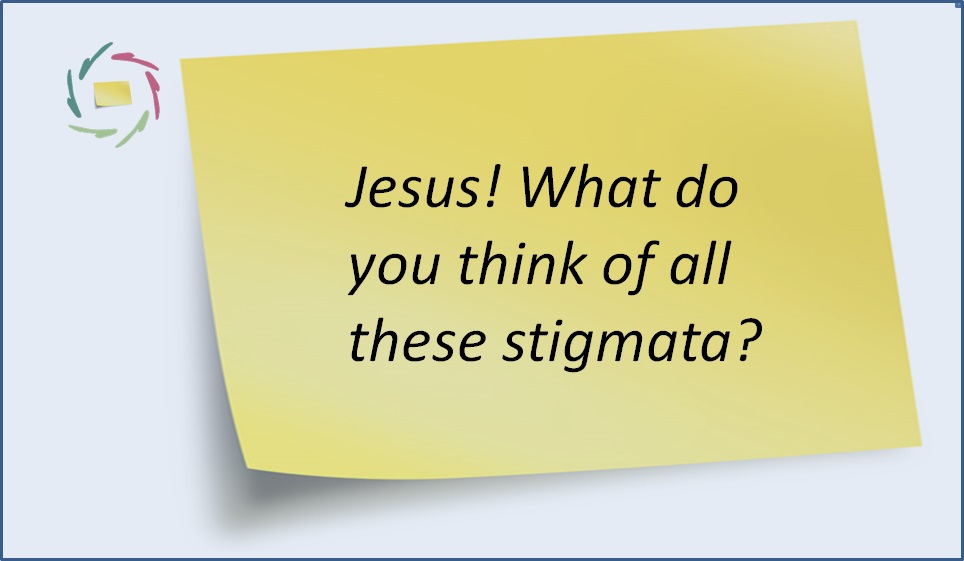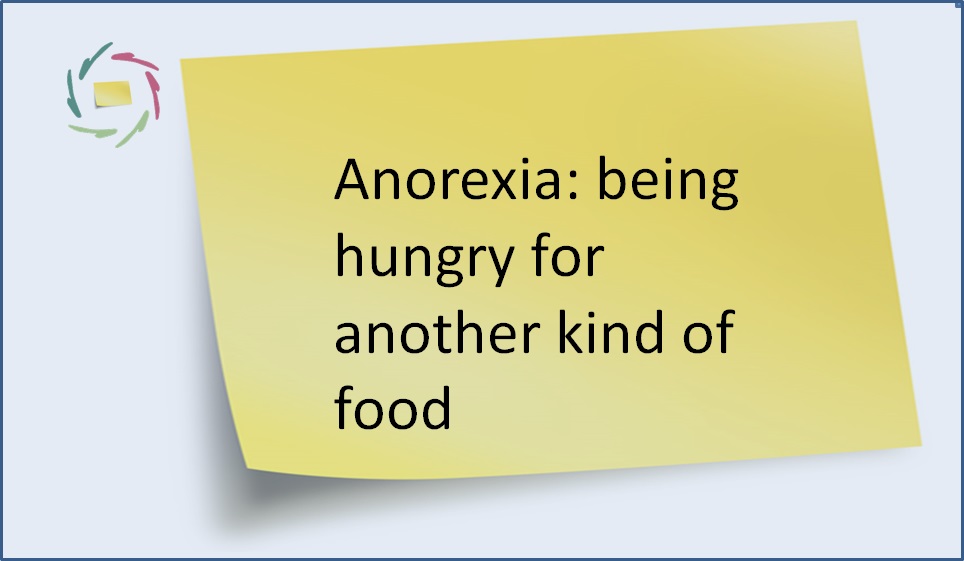48. Is hypnosis more than reading a good book?

Have you ever been under hypnosis? Have you ever read a very good book? If your answer is ‘yes’ to both questions, then think back of both experiences. They have a lot in common… I dare even say that they are principally of the same nature.
◊◊◊
There is no clear definition of hypnosis, neither physiologically nor behaviorally. There are some ‘scales’ that can ‘measure the degree of hypnosis’, but these are very, very controversial. Even so, one can ‘measure something’ without even knowing ‘what’ is being measured.
◊◊◊
According to me, hypnotic trance doesn’t exist any more than tomato trance. If one looks at a tomato, one can get very much absorbed in it. At that moment, everything becomes tomato. You can call it hypnotic trance. Yes. You can also call it tomato trance. Let’s just call it trance, which is the same as ‘absorbedness’ or an intense kind of attention.
◊◊◊
This means that there is actually no good reason to use the word ‘hypnosis’, except in a circular way: ‘hypnosis’ is what is called ‘hypnosis’ by people who like it that way and who bring special connotations to it (like ‘the hypnotist has the power’…). It then has no intrinsic meaning outside this.
◊◊◊
Reading a good book brings absorbedness too, with pretty much the same characteristics. One gets dissociated from the surroundings. One loses track of time. One can get so much involved that physiological parameters change: heart rate, blood pressure… This is book trance, if you like.
◊◊◊
So principally, hypnosis is not ‘more’ than reading a good book. There is no special magic, no exceptional trance or altered consciousness involved. The only difference is the focus of attention. This difference in focus can be important only secondarily.
◊◊◊
But this brings us one step further: secondarily, there can really be a difference. The focus in hypnosis is much more flexible than that of a book. A hypnotist can use this to guide the hypnotic experience. Of course, all he can do is invite the hypnotized person to follow him, but this invitation can be very strong and even more so due to connotations of power.
◊◊◊
The first connotation with a good book is that you can always easily put it down. There is for example no loss of face involved from either side. Not so with a human hypnotist.
◊◊◊
Remains the case of self-hypnosis: hypnotist and hypnotized person are one and the same. More or less the same connotations and situation can be involved: ‘one gets power over oneself’. (But who ‘one’ and who ‘oneself’?)
◊◊◊
Bottom line: primarily there is no difference. Secondarily there is a substantial difference. Which is of importance to the hypnotized person?
◊◊◊


